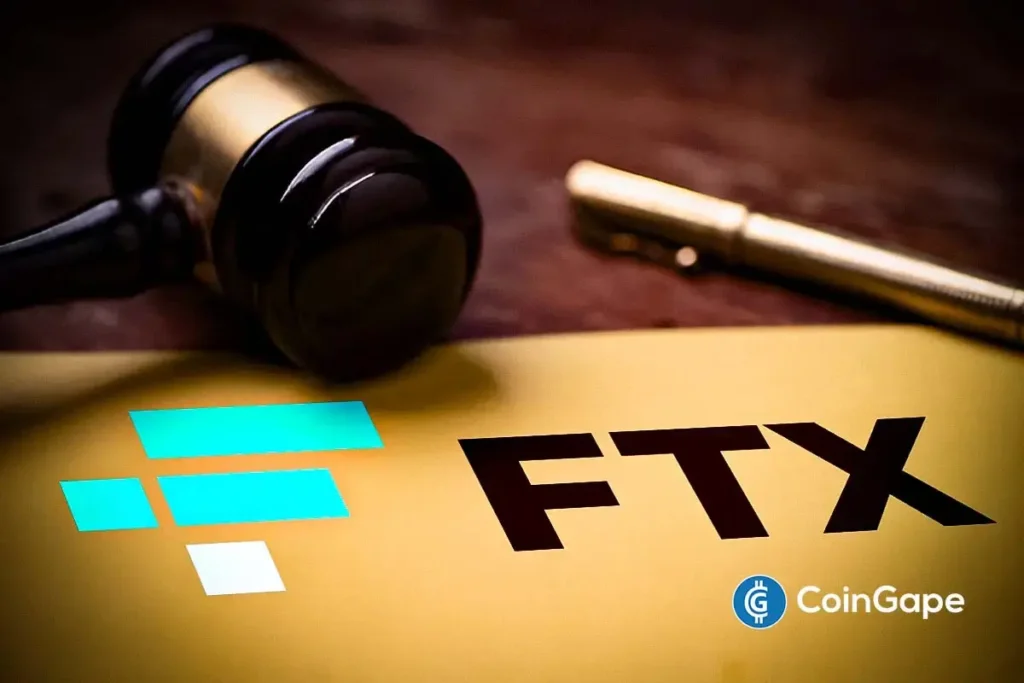Navigating Claim Challenges for Chinese Users of the Bankrupt FTX Exchange
The aftermath of FTX’s bankruptcy has exposed significant challenges, particularly for Chinese users who hold 82% of the claims against the exchange. Since China implemented its strict cryptocurrency ban in 2021, these users now face the risk of losing their invested funds due to legal and regulatory hurdles. As FTX seeks court approval for a new claims process involving 49 "restricted jurisdictions," the situation remains precarious for many users outside traditional legal frameworks regarding their investment rights.
Understanding the Claims Process for Restricted Jurisdictions
FTX’s restructuring plan includes a proposal to handle claims from regions with stringent crypto regulations, notably China. According to reports, only 5% of total claims originate from these 49 jurisdictions, yet a staggering 82% of those claims come from Chinese users. The exchange is navigating complex legal territory, as it must now seek legal opinions about the permissibility of payouts to these users. If legal counsel indicates that such distributions are not permissible under local laws, those claims could either be disputed or flatly denied.
This complicated landscape was further impacted by FTX’s initiation of the second phase of creditor repayments, which has already allocated $5 billion to users. However, FTX contends that it can only honor claims if it can confirm that payouts are legally allowed. If claimants choose to remain within a jurisdiction that restricts such transactions, they lose the opportunity to obtain a payout altogether, putting funds at risk.
The Dilemma for Chinese Investors and Calls for Legal Action
As the implications of the proposed claims process sink in, many Chinese users are vocalizing their intentions to seek legal recourse. Individual creditors, like a user named Will, have expressed their determination to challenge the claims process at every step. They argue that while the Chinese government does not support cryptocurrency trading, it does permit residents to hold crypto assets. Will’s concern highlights a critical contradiction: if settlements are processed in U.S. dollars, why is there no legal framework that allows for international wire transfers to mainland Chinese residents?
The perceived inequity of the situation has led to a growing chorus of voices from users like Will, who feel that their rights are being undermined. They argue they should not be penalized for China’s regulatory stance, particularly since they are legally allowed to possess cryptocurrencies overseas. As FTX moves forward with its claims proposal, these concerns will undoubtedly shape user responses and could influence any potential court actions.
Legal Perspectives and Future Implications
From a legal standpoint, FTX’s proposed claims process and the subsequent reactions from claimants illustrate a significant intersection of cryptocurrency and regulation. For FTX, the priority is to create a claims framework that minimizes its legal exposure while attempting to honor user investments. The exchange has made it clear that if the issue remains unresolved, it could lead to numerous forfeitures of claimants’ rights.
Users now face a challenging decision: whether to pursue legal action amid shifting regulatory landscapes or explore ways to transfer their claims to jurisdictions that are more accommodating. This might introduce a secondary market for claims, but it remains uncertain if such routes would be financially viable in the long term.
The Global Context of Cryptocurrency Regulation
The predicament facing FTX users isn’t isolated; it’s part of a broader conversation about crypto regulation across the globe. Countries are wrestling with how to manage digital assets within their jurisdiction, and China’s approach serves as a cautionary tale for many. The consequences of regulatory bans raise numerous questions about the legitimacy of user claims in scenarios like FTX’s bankruptcy.
By requiring legal confirmations for claims to be processed, FTX’s situation sheds light on the unexpected complications that arise in global finance, particularly within decentralized finance ecosystems. Stakeholders ranging from policymakers to crypto enthusiasts need to engage in ongoing dialogues regarding the integration of cryptocurrency within established monetary systems.
The Role of Community and Information Sharing
As these challenges become more pronounced, the importance of community engagement and information sharing is more critical than ever. Platforms for discussing user experiences, sharing legal advice, and exploring potential pathways for claims can empower investors. This collective effort could not only assist in navigating the current challenges but also foster greater awareness of rights among users in restricted jurisdictions.
For creditors in challenging circumstances, this sense of community can make a considerable difference. Engaging with legal experts and connecting with other affected users could provide vital strategies for tackling bureaucratic hurdles and potentially reclaiming lost investments.
Conclusion: A Critical Moment for FTX Claimants
The FTX bankruptcy case highlights the complex intersections of crypto, law, and user rights, especially for the significant number of Chinese claimants. As FTX seeks court approval for its claim process, users must stay informed about their options and potential recourse. While the road to recovery for investors is fraught with challenges, the proactive measures taken by individuals to assert their rights may forge a path forward amid uncertainty.
In summary, the unfolding circumstances surrounding FTX’s claims process offer critical lessons about the importance of regulatory awareness, community support, and the complexities inherent in the cryptocurrency landscape. For those impacted by FTX’s bankruptcy, navigating this minefield requires diligence, legal insight, and a willingness to engage collectively to seek resolution and reclaim lost assets.

















